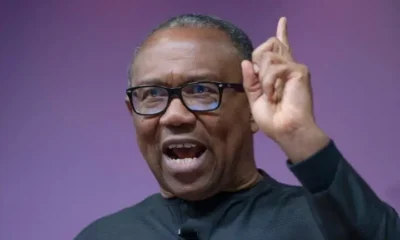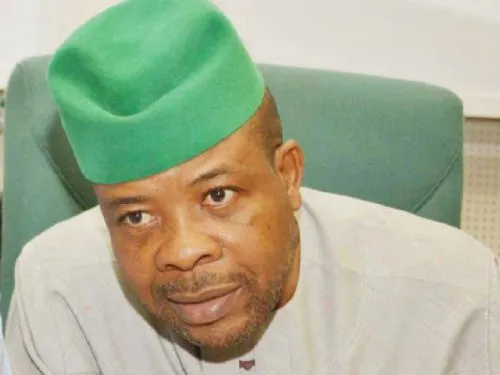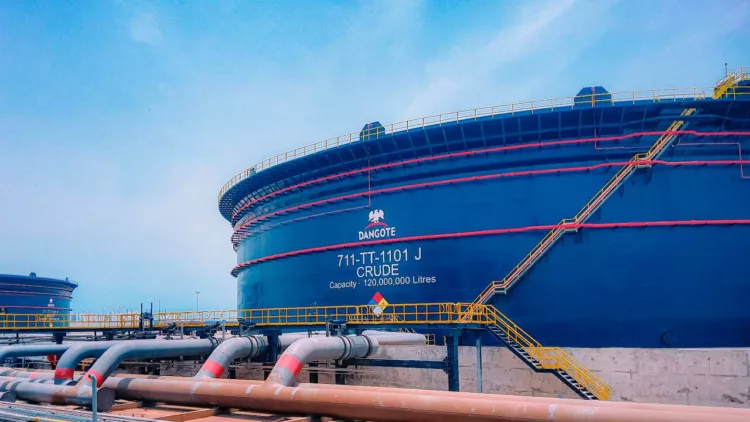Emeka Ihedioha, Governor of Imo State from May 29, 2015 to January 14, 2020, has finally ditched the Peoples Democratic Party (PDP), the platform under which he became Deputy Speaker for eight years before he ran for the number one job in his state – one of the major outcomes of the current crisis in the nation’s main opposition party.
Ihedioha, announced his resignation in a letter to the ward Chairman in Mbutu, Aboh-Mbaise Local Government Area of the state, on Tuesday, five days after the National Executive Committee (NEC) of the party, citing his unhappiness with the way its affairs were being handled, which he could no longer live with.
An acolyte of Atiku Abubakar, former Vice President and two-time presidential candidate of the party in 2019 and 2023, it is believed that the position of former Deputy Speaker had to do with the inability of the PDP NEC, the second highest organ to deal decisively with the issues that have been beleaguering its leadership since the 2023 elections, in which it was split down the middle.
One of the issues was the failure of the party to take action against some renegades, who worked against Atiku in the last election, particularly the G-5, a group of five governors on the platform of the party before the election, led by Nyesom Wike, former Governor of Rivers State, now Minister of the Federal Capital Territory (FCT).
The group, which also included Samuel Ortom of Benue, Ifeanyi Ugwuanyi of Enugu, Okezie Ikpeazu of Abia, whose tenures ended in 2023 and Seyin Makinde of Oyo, currently in his second and final term, had stood staunchly against Atiku on the ground that he did not support the removal of Iyorchia Ayu, as National Chairman of the party, since both of them came from the North.
Against the backdrop that Wike and his group would be sanctioned with possible suspension or outright expulsion from the party, the NEC took a middle ground in what was not only seen as a slap in the wrist, but a victory for Wike against the Atiku camp, which had favoured full sanctions.
It is believed that this was what Ihedioha, was referring to when he lamented in his letter dated April 23, and delivered to the PDP headquarters on Tuesday, where he pointed out that he has no doubt whatsoever that his decision to quit was the right course of action, given that the party had deviated from its original character.
He wrote: “Since 1998, I have contributed my quota to the development and transformation of the Peoples Democratic Party (PDP) as one of the founding members. All these years, I have taken pride in the fact that the PDP is a party that will always look inward for internal reforms and provide credible leadership for the people, whether in power or outside power.
“I have had the benefit of serving and benefitting from the party at various levels. Regrettably, in recent times, the party has taken on a path that is at variance with my personal beliefs. Despite my attempt to offer counsel, the party is, sadly no longer able to carry out internal reforms, enforce its own rules or offer credible opposition to the ruling All Progressives Congress.
“It is in the light of the foregoing, that I am compelled to offer my resignation from the Peoples Democratic Party effective immediately. While this decision was difficult to take, I, however, believe that it is the right one. Despite this resignation, I will always be available to offer my services towards the deepening of democracy and good governance in Nigeria.”
It is however not certain where the former governor is headed, as one source is saying that he could be heading to the All Progressives Congress (APC), having helped Hope Uzodimma, the incumbent governor, who incidentally ousted him through the Supreme Court, in 2020 win his second term elections on the promise of a payback in 2027.
However, another source told Whirlwindnews.com.ng that the former Deputy Speaker, considered the ruling party too dirty and a no-go area to achieve his ambition, preferring the more popular Labour Party (LP) as the next destination.

 News1 week ago
News1 week ago
 News2 weeks ago
News2 weeks ago
 News18 hours ago
News18 hours ago
 News2 weeks ago
News2 weeks ago
 Editorial2 weeks ago
Editorial2 weeks ago
 Editorial3 weeks ago
Editorial3 weeks ago
 News7 days ago
News7 days ago
 News3 weeks ago
News3 weeks ago
















